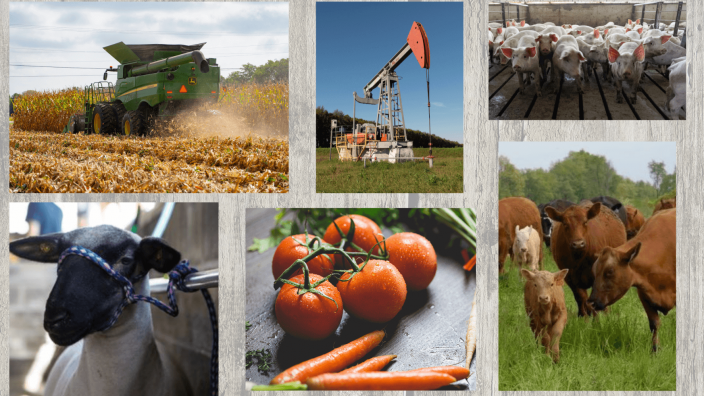Stepping into the opportunities of ‘yes’
That simple yes can lead to new places, new people, new accomplishments and ultimately a better us!
Read MoreIf you are thinking about starting a farm in 2024, or started one recently, here are a few tips to help you find success.
Hello, Everyone. We’ve been very fortunate in the last several years to see our agricultural community expand each year.
This is primarily through new and beginning farmers deciding to start a farming enterprise. I anticipate seeing this continue because of a general interest in farming, and especially because of the pandemic as many people looked for other ventures to increase income or find enjoyment.
Make a plan. I’m as guilty as anyone else about starting a farm enterprise without much planning, but learn from my mistakes. Don’t buy a few cows on a whim at an auction and then figure out how to make it work. Planning for your operation will save you money, and help keep you on task. You should take an inventory of your assets and determine if you will need to make any investments before starting. Do you need fencing, have shelter for animals, adequate storage for crops or feed, or any other possible infrastructure? Asking these questions in advance will help you plan your purchases in advance, and likely find a better deal on equipment.
Ask for help. The farming community is full of great people that want to see you succeed. Local farmers are the best resource you have at your disposal. They are familiar with our climate, soils, regulations, and have made many mistakes from which you can learn. Seeking help on the internet can be overwhelming. There is a lot of good information out there, a lot of bad information, and sometimes it is a combination of both. Research on the internet will provide results from all over the world, and while a farming practice may yield good results in Georgia, it may not be the best practice for Ohio.
Connect. In addition to connecting with other local farmers, connect with local organizations to expand your knowledge bank. OSU Extension, Geauga-Trumbull Soil and Water Conservation District, Farm Bureau, trade associations, etc. can provide additional resources that will help you better understand the business of farming. If you want to farm, you likely have the fundamental skill set to grow crops or raise livestock.
Sometimes it’s the business of farming that is a little more difficult to navigate. Budget sheets, taxes, regulations and agricultural laws are the hardest for many new farmers to understand. These organizations can help relate those topics to your farm in easier to understand terms.
Be adaptable. The downfall of many new small farms is the inability, or unwillingness, to adapt to markets and capability. Much of this can be tied to a lack of planning, but farms need to adapt to stay relevant. During your planning process consider the “what ifs” of your operation. What if you can’t sell two acres of tomatoes? What if cattle are too large for your facilities?
These are very real possibilities and can have financial consequences. If your original plan is not successful, tweak it so that it is. If tomatoes are not a profitable venture, diversify to a crop (or crops) that are. If cows are too big, maybe consider sheep or hogs. It’s your farm, and nothing is written in stone unless you wrote it.
Farming has many ups and downs, but is an incredibly rewarding experience. Learning from your mistakes, being adaptable, and persevering will help you get through the first couple of years. It’s the first few years of farming that are the hardest, but once you climb that learning curve, it gets easier.
If you are considering taking the farming leap, or are already in the water, don’t hesitate to reach out to our OSU Extension office.
We are here to help and want to see you succeed. We are having a Small Farm Financial College on March 9 and March 16 to help farmers of all sizes understand the business of farming. Call our office at 330-638-6783 for more information. Take care and stay safe!
Submitted by Lee Beers, an Agriculture and Natural Resources Educator for OSU Extension – Trumbull County and can be reached by email.
OFBF Mission: Working together for Ohio farmers to advance agriculture and strengthen our communities.


That simple yes can lead to new places, new people, new accomplishments and ultimately a better us!
Read More

Perspective can shape your outlook and attitude.
Read More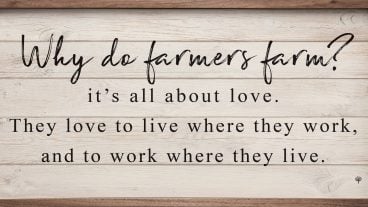
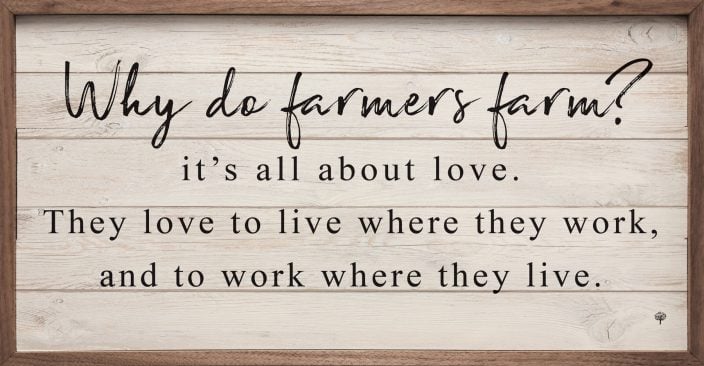
I believe that we all can learn to be resilient, whether you are a farmer or not. When we are faced with adversity, it is during those times we often grow the most.
Read More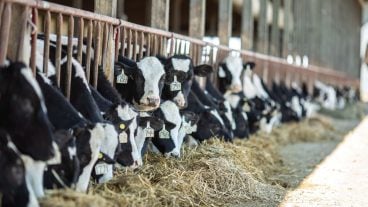
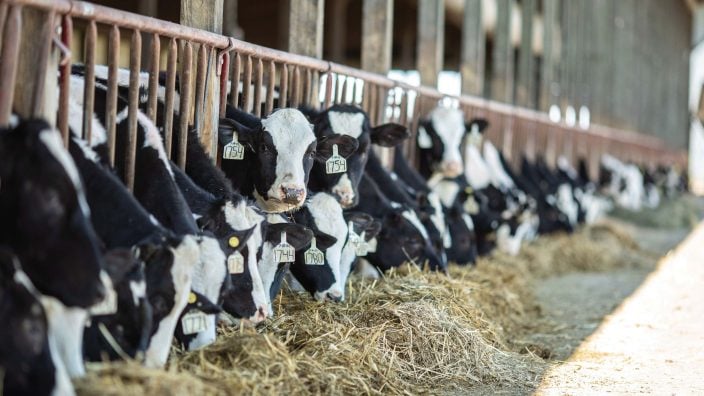
It seems like just yesterday we were taking down the Christmas tree and putting away our holiday decor, and once…
Read More

Lessons from losing a beloved pet and embracing the emotions of the holiday season.
Read More

Bill Patterson of Chesterland has been re-elected president of the Ohio Farm Bureau Federation.
Read More

Happy Holidays, Everyone! Deer gun season started this week and likely will bring many hunters to the woods as they…
Read More

Join us for the 2025 Winter Leadership Experience!


Farms are complex operations with countless variables at play, many of which are beyond a farmer’s control.
Read More

Did you know that nearly 21% of the turkeys raised this year, approximately 46 million, will be on Thanksgiving tables?
Read More